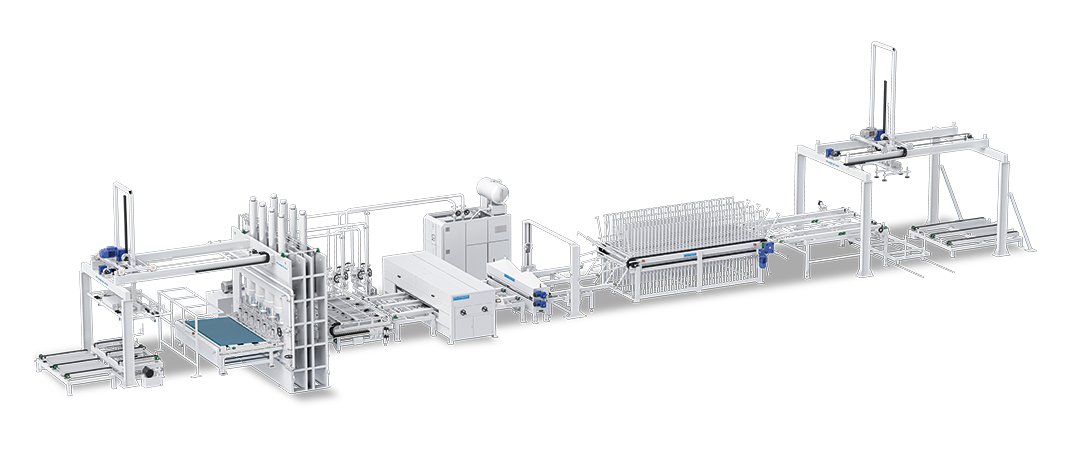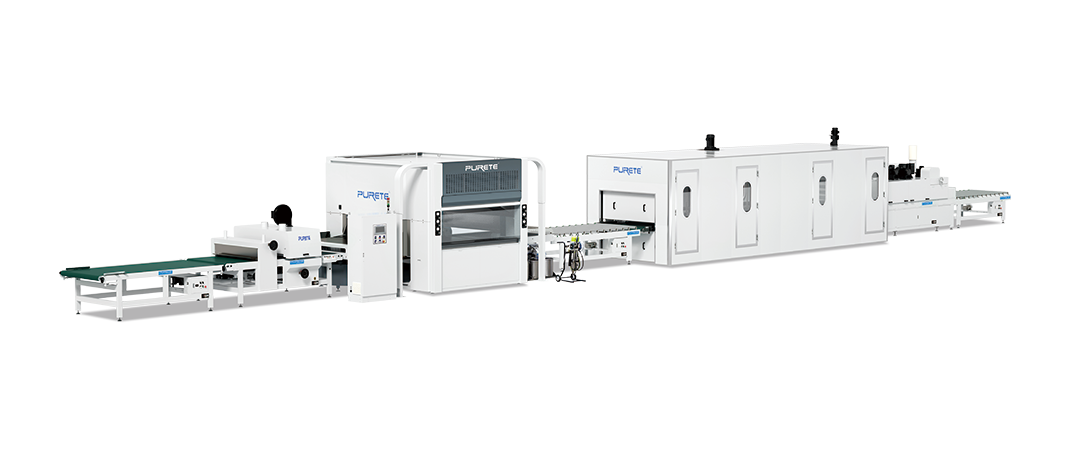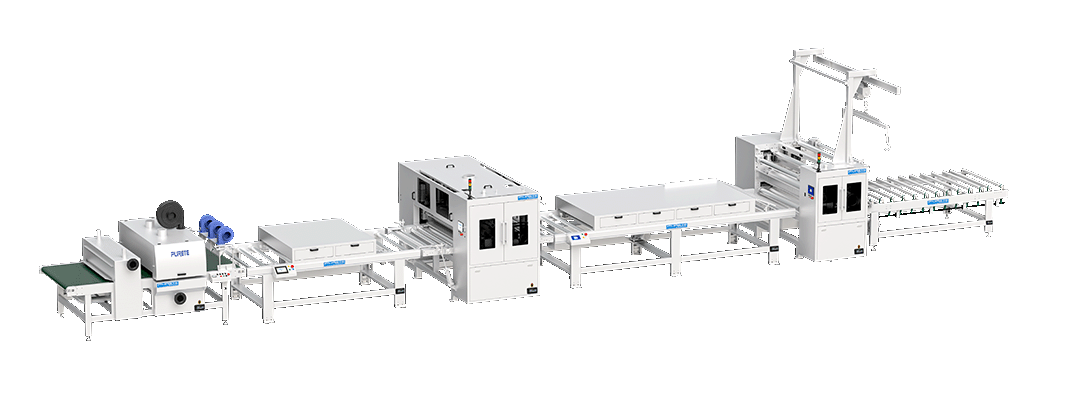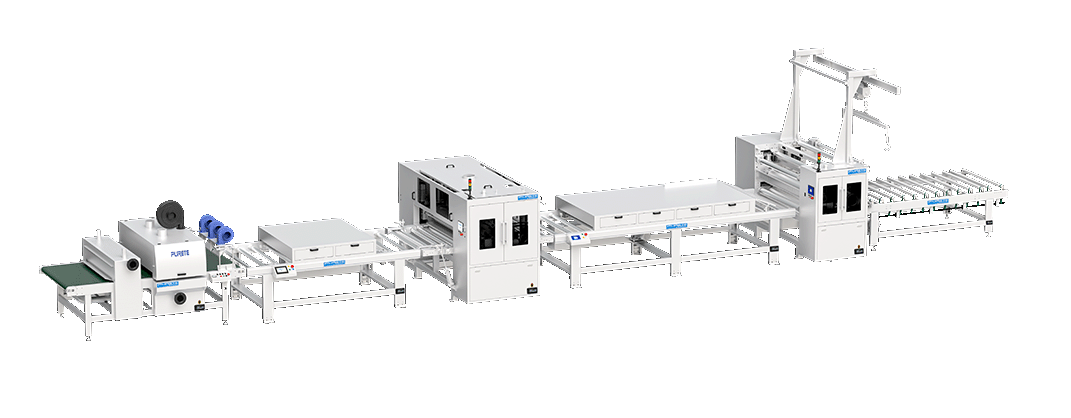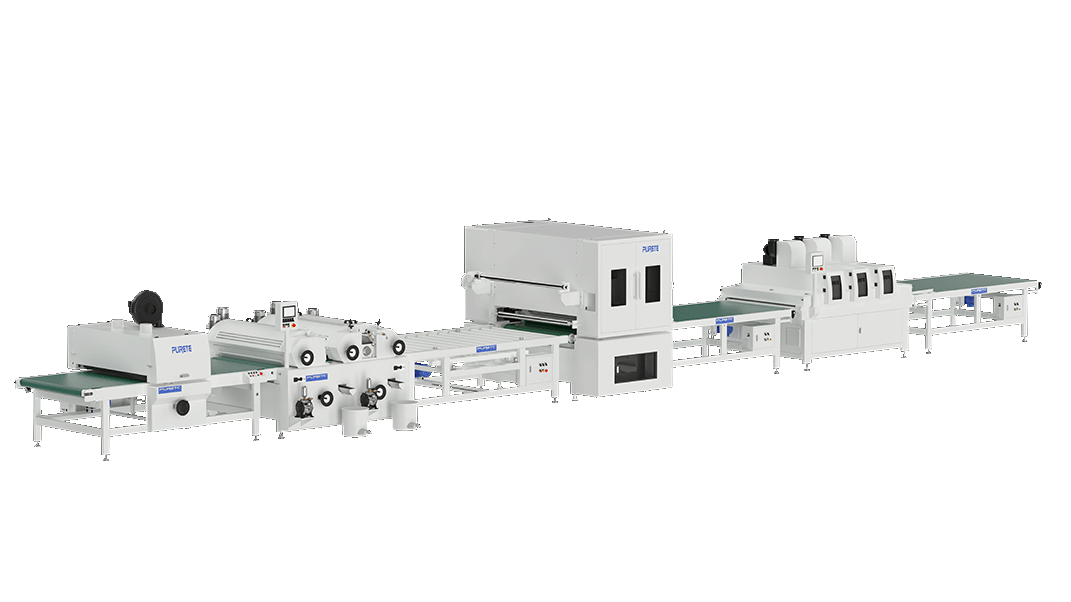The main industries in which inert coatings are used
 October 28, 2024
October 28, 2024 Hits:178second
Hits:178secondInert coatings are applied in various industries where their unique properties of chemical resistance, non-reactivity, and corrosion resistance are beneficial. Here are some of the main industries where inert coatings are commonly used:
Chemical Process Industry:
Inert coatings are used in chemical processes to prevent reactions between the process fluids and the equipment, ensuring the purity of the products and extending the life of the equipment by resisting corrosion.
Refinery:
They are applied in refineries to protect equipment from corrosive substances and to maintain the integrity of the process streams.
Semiconductor Manufacturing:
Inert coatings can be used in the semiconductor industry to prevent contamination and ensure the purity of the manufacturing processes.
Environmental Analysis:
Inert coatings are used in environmental sampling to accurately measure trace amounts of pollutants without the coatings interacting with or adsorbing the samples.
Hydrocarbon Processing:
They are essential in hydrocarbon processing to accurately test reactive compounds at low sensitivities without reacting with the sample.
Analytical and Sample Transfer Systems:
Inert coatings provide a non-reactive flow path, which is crucial for maintaining the integrity of samples and preventing contamination, especially in systems that require low part-per-million or parts-per-billion sensitivity.
High-Performance Liquid Chromatography (HPLC):
Inert coatings improve HPLC applications by providing a non-reactive surface that does not interact with the analytes, leading to more accurate results and faster analysis.
Oil and Gas Industry:
Inert coatings are used in downhole sampling for oil and natural gas to prevent reactions with the sampled fluids and to protect the sampling equipment from corrosion.
Automotive, Aerospace, Food and Beverage, and Marine Environments:
These industries benefit from the corrosion-resistant properties of inert coatings, which can protect equipment and components from harsh operating conditions.
Medical Devices and Tissue Engineering:
Bioceramic coatings, which can be considered a type of inert coating, are used in medical implants to ensure compatibility with the human body and to promote the desired biological response.
Research and Development:
Inert coatings are used in research applications where the reactivity of standard materials can interfere with experimental results.
Moisture Analysis:
Inert coatings are applied in moisture analyzers to prevent reactions with the sample and to ensure accurate measurements.
Chromatography:
They are used in liquid and gas chromatography to prevent interactions between the analyte and the column material, leading to improved separation and analysis.
These applications demonstrate the broad utility of inert coatings in maintaining process integrity, improving analytical accuracy, and protecting equipment from corrosion and other deleterious effects.
